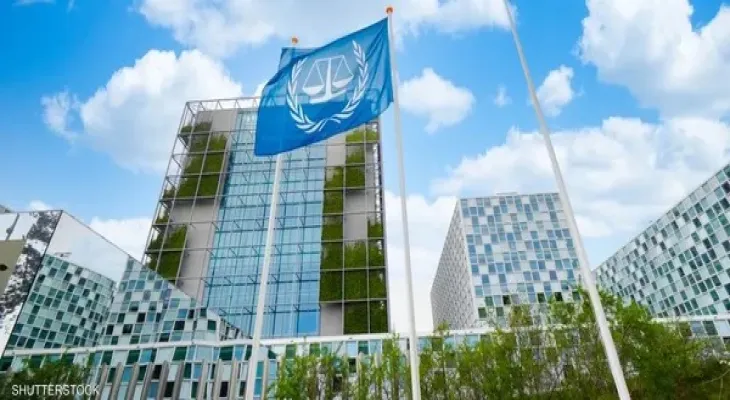Search here
Newspaper
Search here

Arab Canada News
News

Published: February 7, 2025
The International Criminal Court (ICC) strongly condemned the decision of U.S. President Donald Trump to impose sanctions on its staff, describing this move as an assault on international justice. The Court called on the international community to support it in facing these actions that threaten its independence and neutrality.
Details of the sanctions:
President Trump signed an executive order imposing economic sanctions and travel restrictions targeting ICC staff involved in investigations concerning American citizens or allies of the United States, including Israel. The sanctions include freezing assets in the United States and barring the entry of staff and their family members to U.S. territory.
Background of the decision:
This decision comes in response to the ICC issuing arrest warrants for Israeli Prime Minister Benjamin Netanyahu and former Defense Minister Yoav Gallant, on charges related to war crimes during Israeli military operations in Gaza. It is worth noting that the United States and Israel are not members of the Court and refuse to recognize its jurisdiction.
International reactions:
• The European Council: Expressed concern, considering that imposing sanctions on the Court threatens its independence and undermines the international justice system.
• The Dutch Ministry of Foreign Affairs: Expressed regret over the U.S. decision, affirming its support for the Court and its role in achieving international justice.
• Human rights organizations: Condemned the decision, deeming it a setback to efforts to combat impunity for international crimes.
The Court's position:
The International Criminal Court confirmed that it will continue to perform its duties impartially and independently, and these sanctions will not deter it from its commitment to achieving justice and holding perpetrators of serious crimes accountable. It called on member states and the international community to support it in facing these challenges that hinder its efforts to combat impunity.
This move represents an escalation in tensions between the United States and the International Criminal Court, raising questions about the future of international cooperation in the field of criminal justice.
Comments